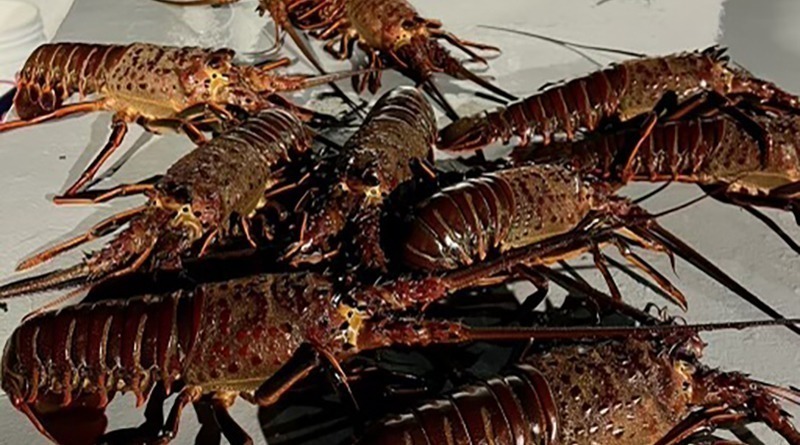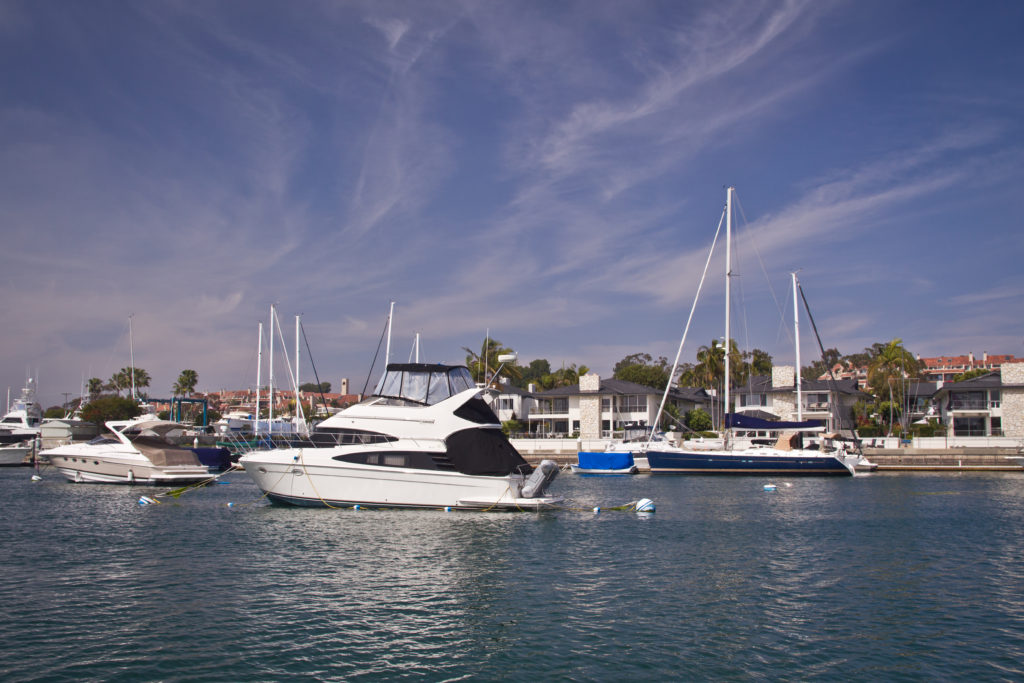Saltwater fly fishing in Southern California has a rich history dating back to the early 20th century, when pioneering anglers began experimenting with traditional freshwater fly-fishing techniques in the Pacific Ocean. Unlike the serene streams and rivers typically associated with fly fishing, saltwater fly fishing presents its own unique set of challenges and rewards.
One of the most significant differences between offshore and freshwater fly fishing is the environment itself. While freshwater fly fishing often takes place in calm, shallow rivers or lakes, saltwater fly fishing requires anglers to contend with the dynamic and sometimes unforgiving conditions of the open ocean. Strong currents, wind and choppy waves all can pose challenges to fly fishers seeking to hook elusive species like bonefish, tarpon and permit.
Additionally, the targets of saltwater fly fishing are typically larger and more powerful than those found in freshwater. Species like tuna, dorado and billfish are prized catches for saltwater fly anglers, requiring specialized gear and techniques to successfully hook and land them. Unlike trout or bass, which may be caught in relatively shallow waters close to shore, many saltwater species inhabit deeper offshore waters, requiring anglers to venture far from land in pursuit of their quarry.
Another key difference between offshore and freshwater fly fishing is the equipment used. While traditional freshwater fly-fishing gear may suffice for smaller saltwater species, targeting larger game fish often...







